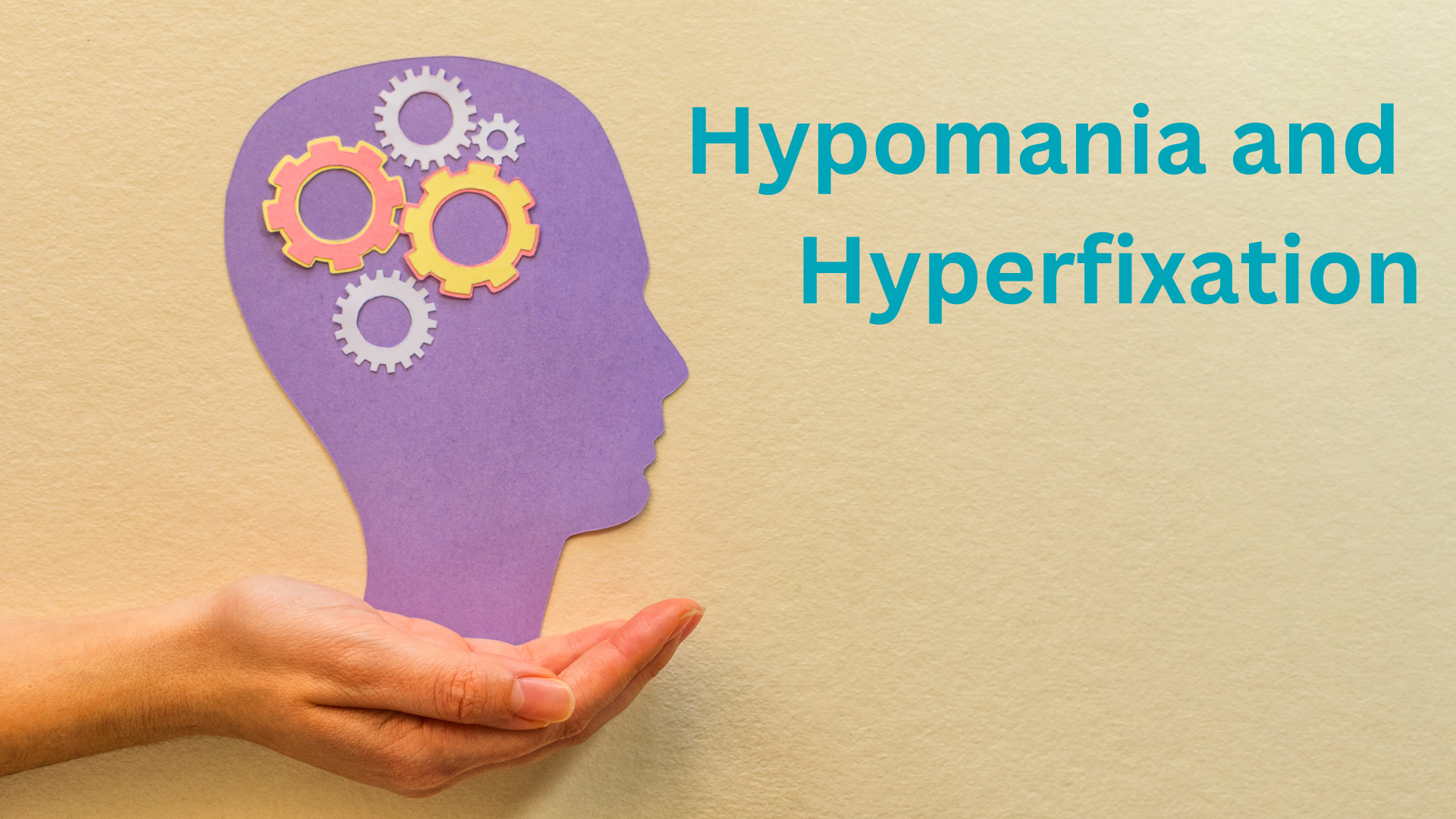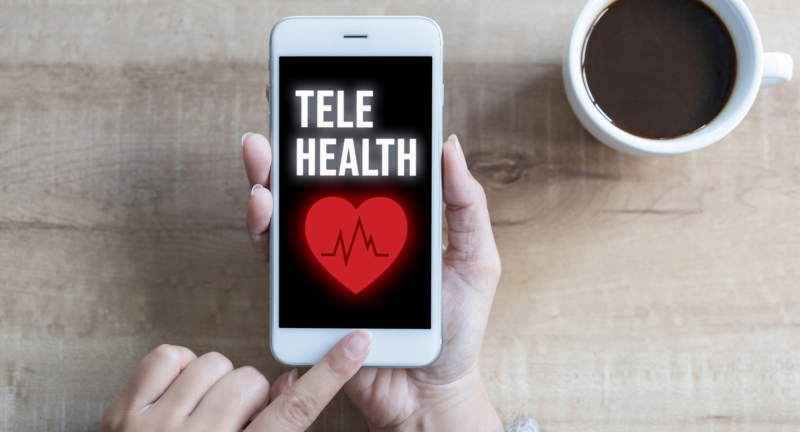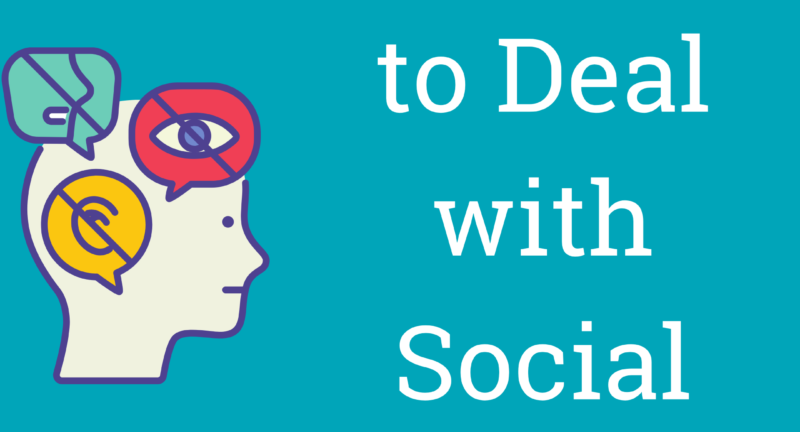
Hypomania and Hyperfixation: What’s the Difference?
Mental health conditions can manifest in various ways, and two related concepts that often come up in discussions about mental health are hyperfixation and hypomania. Hyperfixation is an intense preoccupation with a particular object, activity, or topic, while hypomania is a state of elevated mood and energy that is less severe than full-blown mania.
While both hyperfixation and hypomania can have a significant impact on a person’s life, they are distinct phenomena that are associated with different underlying conditions.
In this blog post, we will explore the similarities and differences between hyperfixation and hypomania, as well as their respective causes, symptoms, and treatments. Whether you or someone you know is struggling with hyperfixation or hypomania, understanding these concepts is an important step in seeking the right help and support for optimal mental health.
Are Hyperfixation and Hypomania the Same Thing?
No, they are not.
Hypomania is a specific syndrome that occurs in patients with bipolar disorder and is characterized by a period of at least four consecutive days during which a person experiences persistently elevated, expansive, or irritable mood and abnormally and persistently increased activity or energy.
Hyperfixation is a phenomenon that can occur in various mental health conditions. For instance, people with OCD can become hyperfixated on a specific obsession, individuals with generalized anxiety disorder may become hyperfixated on worries about the future, and those with PTSD or complex trauma can become hyperfixated on intrusive memories from the past.
Additionally, people with ADHD may become hyperfixated on projects they are highly interested in, while individuals with severe mental illnesses such as psychosis may become hyperfixated on a specific delusion.
In other words, it is clear that hyperfixation and hypomania are not the same thing.
Similarities between Hyperfixation and Hypomania
Hyperfixation and hypomania share some similarities in that they both involve a heightened state of focus and energy. In both cases, a person may feel driven to pursue a particular interest or activity, often to the point of neglecting other responsibilities or obligations.
Differences between Hyperfixation and Hypomania
However, there are also important differences between the two. Hyperfixation is not necessarily accompanied by changes in mood or energy level, whereas hypomania is a distinct state of elevated mood and activity. Hypomania is also a symptom of bipolar disorder, whereas hyperfixation may be seen in a range of conditions, including ADHD or Obsessive-Compulsive Disorder (OCD).
It is important to note that while hyperfixation may be a symptom of certain conditions, it is not itself a medical diagnosis. Hypomania, on the other hand, is a clinical syndrome that requires immediate evaluation and treatment by a mental health professional.
Hyperfixation refers to a strong and intense fixation on a particular object, activity, or topic, to the point where it becomes difficult to focus on anything else. Hypomania, on the other hand, is a symptom of bipolar disorder and refers to a state of elevated mood, energy, and activity that is less severe than full-blown mania. People experiencing hypomania may feel overly confident, euphoric, and impulsive, and may engage in reckless behavior, such as overspending, gambling, or sexual promiscuity.
How Are They Treated?
If you notice signs of hypomania or hyperfixation in yourself or someone you know, it is important to seek professional help. Here at NextStep2MentalHealth, our multidisciplinary team can assess the situation, provide an accurate diagnosis, and recommend an appropriate course of treatment.
For hypomania, treatment may include medication, therapy, or a combination of both. The specific treatment plan will depend on the severity of the symptoms, the underlying cause, and other individual factors. It is important to note that hypomania can escalate into full-blown mania if left untreated, which can have serious consequences on a person’s life and well-being.
For hyperfixation, treatment will depend on the underlying condition. For example, if hyperfixation is a symptom of ADHD, treatment may involve lifestyle modifications, therapy, medication, or a combination of both to help manage symptoms and improve daily functioning. If hyperfixation is a symptom of OCD, treatment may involve exposure and response prevention therapy, medication, or a combination of both.
It is crucial to seek help as soon as possible if you or someone you know is experiencing symptoms of hypomania or hyperfixation. Early intervention can lead to more effective treatment outcomes and a better quality of life.
We’re Here for You
If you are struggling with any sort of mental health issues — whether that’s signs of hyperfixation or signs of hypomania, seeking help from a mental health professional can make a significant difference in your life. Here at NextStep2MentalHealth, we understand that seeking help can be challenging, but we are here to support you every step of the way.
Our experienced mental health professionals provide a safe and supportive environment for you to explore your thoughts and feelings, develop coping strategies, and work towards your mental health goals. Don’t hesitate to reach out to us for help – we are here for you. Schedule your appointment here.
Related Posts
Preparing for Telehealth: What Parents Need to Know
As parents, you've no doubt taken your child to dentist appointments, eye doctor...
7 Ways to Manage Social Anxiety
Did you know that social anxiety is just one type of anxiety? There are five...


